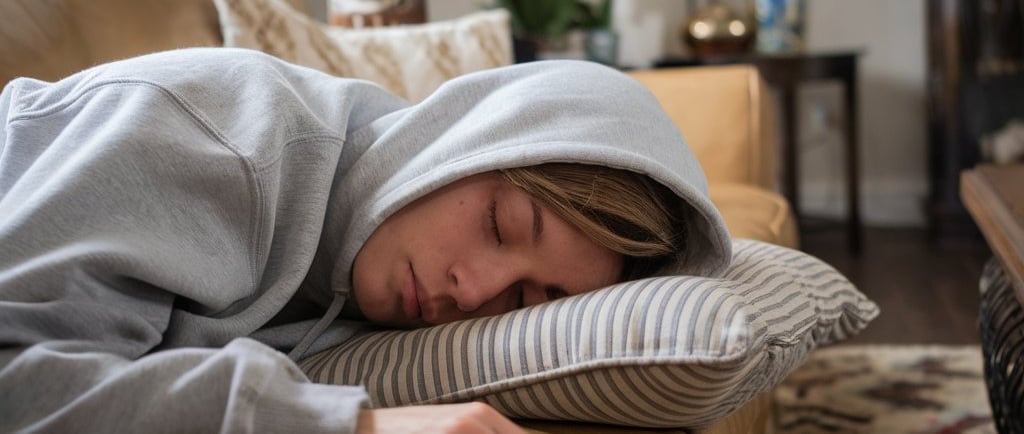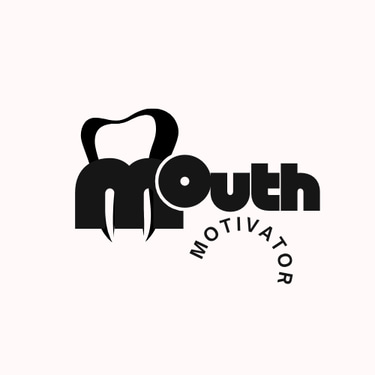Understanding Teeth Grinding and Clenching Symptoms
Many people unknowingly grind or clench their teeth, leading to sore jaws, headaches, and chipped teeth. Discover the causes and solutions for this silent habit that can significantly impact your oral health.
SWhite, RDH
3/14/20252 min read


Understanding Bruxism
Bruxism, commonly known as tooth grinding, is a condition that affects many individuals, often without them even realizing it. This involuntary act typically occurs during sleep or in moments of heightened stress. Individuals may unknowingly clench their jaws or grind their teeth, leading to various dental issues and other health complications.
The Consequences of Grinding Your Teeth
Teeth grinding can significantly impact your oral health. Over time, this habit can wear down enamel, leading to increased sensitivity and a higher risk of cavities. Fractured teeth are also a common occurrence in people that clench or grind their teeth. Other symptoms reported are jaw pain, headaches, and even disrupted sleep patterns. Recognizing these symptoms early can help mitigate the effects of bruxism and protect your teeth from further damage.
Effective Strategies to Protect Your Teeth
Considering the potential consequences of bruxism, it’s essential to implement strategies to safeguard your dental health. Here are a few effective methods:
1. Night Guards: Wearing a custom-fitted night guard can be one of the most beneficial ways to protect your teeth from grinding. These devices create a barrier between your upper and lower teeth and can help alleviate the pressure caused by grinding. Unfortunately, appliances that are not custom-fitted can sometimes increase your symptoms. It is best to see your oral health practitioner for advice and fit.
2. Stress Management: Since stress is a common trigger for bruxism, finding effective ways to manage stress is crucial. Techniques such as yoga, meditation, or regular physical activity can help regulate your stress levels.
3. Avoid Stimulants: Reducing the intake of caffeine and alcohol, particularly in the evening, may also alleviate tooth grinding. These substances can exacerbate anxiety and tension, prompting the jaw clenching associated with bruxism.
4. Dental Checkups: Regular visits to your oral healthcare professional are vital for monitoring oral health and addressing bruxism. Your dental professional may provide additional personalized advice or treatment options based on your specific needs.
By incorporating these strategies into your routine, you can better protect your teeth from the damaging effects of tooth grinding, helping maintain a healthy smile.
SWhite, RDH
Disclaimer: Information provided in blog post can't replace professional advice. Consult your oral healthcare professional for personal advice.
Health
Expert insights on oral health and wellness.
Disclaimer-see your oral health care professional for personal advice
Amazon Affiliate-I receive commision from items purchased from my site at no additional costs to you
Choose Hostinger https://hostinger.com?REFERRALCODE=6CSMAEMAECHX
swhite@mouthmotivator.com
© 2025. All rights reserved.
